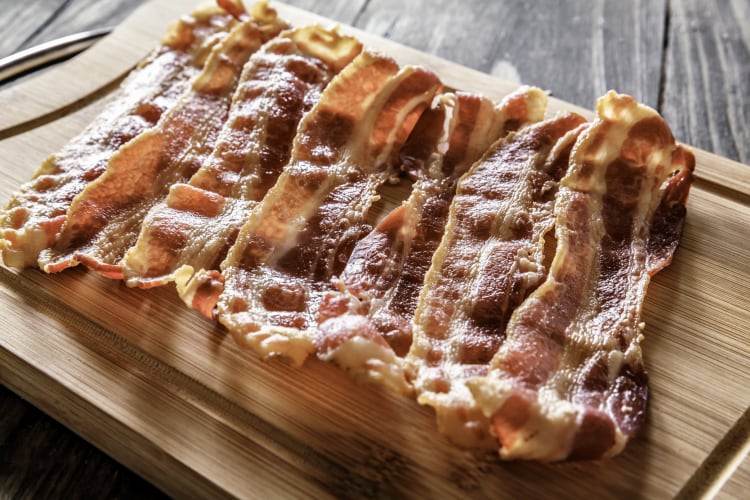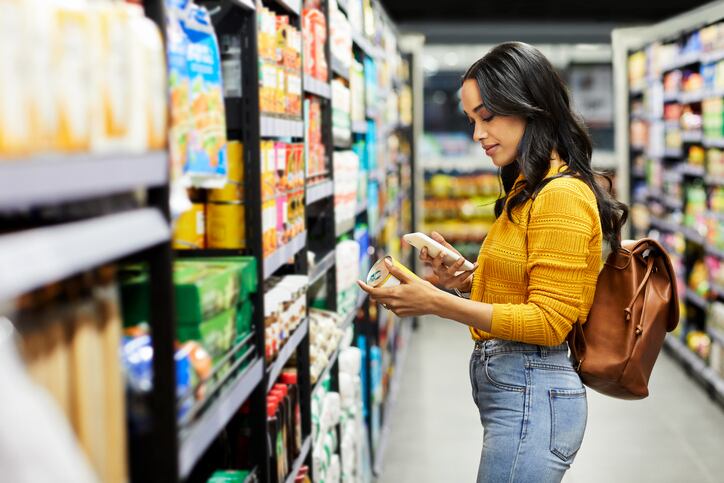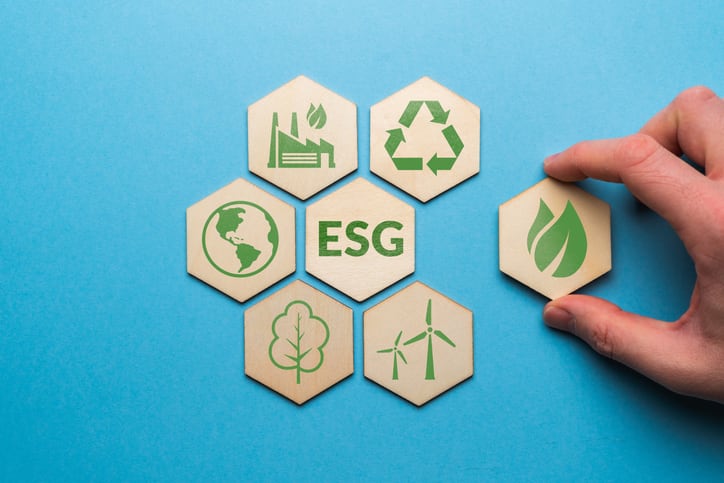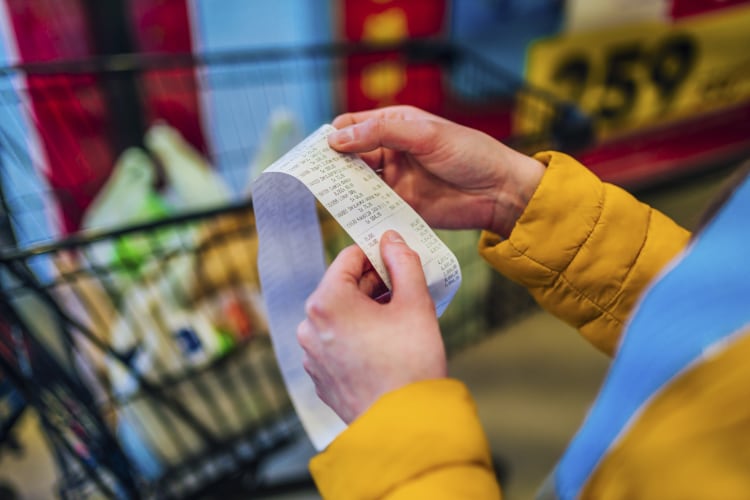Danish Crown is investing more than £100m to open a new processing facility in Rochdale, Greater Manchester. The 30,500 square meter site will begin production in the second half of 2023 and will create around 300 local jobs. “This is a huge operation. This is 900 tonne a week, that's more or less 200m packs a year,” Chief Executive Jais Valeur told FoodNavigator.
Valeur explained that, by bringing slicing and finishing to the local market, Danish Crown will benefit from greater agility to respond to the needs of its customers. “We need to be close to our customers. We need to have the agility, the short transportation time, and long shelf-life, so we can get the products into the supermarkets as quickly as possible.”
The move also makes ‘a lot of sense’ in terms of Danish Crown’s cost base in the UK. The investment will allow the company to process volumes of raw material that it currently exports and sells to third parties in the country, increasing its reach value-added categories. The chief executive stressed Danish Crown ‘is not chasing cheap labour’, elaborating ‘we are chasing logistics and efficiency in the whole supply chain’.
Energy and Brexit propelling food inflation
With inward investment into the UK looking increasingly pressured – and in contrast to this week’s news that Icelandic Seafood is closing its fish processing facility in Grimsby – Valeur said sometimes you have to go against the grain despite the current weak UK economic outlook and slow bounce-back post COVID and Brexit.
“To be honest, we haven't had really big problems because of Brexit,” the CEO reflected. “We were well prepared. We have big exports out of Europe, and the UK is now out of Europe in terms of customs and so on. There is a lot of beaurocracy, a lot of documentation involved, but we had all of those processes ready because we export to the US, to China, to Japan and so on. We've been able to handle that but of course if you are a small or medium sized company this is very difficult and costly.”
Food inflation, up 14.6% in the year to 12 months to September, is an issue for consumers in the market – and one that Valeur said Brexit has exasperated. “Brexit is not a huge complication for our business, it just adds cost. But, of course, those costs at the end of the day will be paid by British consumers.”
This is unlikely to come as welcome news for British households, many of whom will reduce the amount they are buying in a cycle that Valeur characterises as pushing food prices up further still. “It is difficult because consumers are struggling. At the end of the day consumers don’t have as much money as they need. A lot of consumers are under a lot of pressure. We need to push up prices to cover the cost of production, making consumers hesitate and reduce the volumes. Then we need to increase prices even more because volumes are going down. It is a bit of the hen and the egg at the moment.”
So, what needs to change for food price inflation to cool? “Fundamentally, this is caused by the energy crisis. This is not a food crisis, this is an energy crisis that is spilling into all facets of the business and driving up costs,” the Danish businessman told FoodNavigator. “When you see this high inflation in food, it is not us profiteering that’s for sure. It is driven by energy costs that come in on farm, in fertilisers, in diesel, in electricity for ventilation. It comes in our factories, which are high energy consumers. It is in packaging. It is in logistics. It is everywhere because there is so much energy in products that we have to pass on to the customers. The only thing that can change this is a correction in the energy market. We need energy costs to normalise. Then prices for food will start to come down very quickly,” he predicted.
In spite of current pressures, Valeur said he is ‘optimistic’ about the prospects for Danish pork in the UK – not least because domestic production is currently in decline. “Of course, the market is impacted by the cost of living crisis and inflation. But overall, we remain relatively optimistic. Forty percent of meat consumed in the UK is imported and about 50% of bacon is imported. We see a decrease of pig production here in the UK,” he explained. “We believe in the British market. We believe in the preference of British consumers for Danish pork, Danish bacon.”
Sustainability in the cost of living crisis
Valeur said that Danish Crown’s UK retail customers are ‘super interested’ in the move to expand UK capacity because it ticks two boxes: efficiency and sustainability. “They are interested because it will be the most cost-efficient site in the UK, but also due to the sustainability or ESG agenda around this,” we were told.
The new site will be 100% powered by renewable energy and built to market-leading environmental standards. Heat recovery from the plant’s utility systems will supplement conventional heating sources to heat the office space and provide hot water, whilst ammonia will be used as a refrigerant to minimise environmental impact. Food waste will be reduced through the use of bacon offcuts in other products such as sausages, whilst a circular packaging system for deliveries of pork to the site will minimise packaging waste, the company said. Danish Crown will be able to provide customers with the carbon footprint of their products from farm to fork, it noted.
The approach supports Danish Crown’s wider ambition to deliver climate neutral meat production by 2050 and the company is currently engaging with the Science Based Targets Initiative to support this agenda. Between 2005 and 2021, Danish Crown cut CO2 emissions by 30% and further progress is expected.
“We are on a very good path in terms of sustainability. Meat is fundamentally a challenge, but we are making great progress in terms of Danish pork production,” Valeur said pointing to work currently underway to address methane emissions and produce ‘green fertiliser’ alongside digitalisation to optimise feed utilisation.
All of this requires investment. Are UK supermarkets and consumers willing to pay a higher price tag to bring home sustainable bacon?
“This is of course a discussion we are having with customers at the moment,” Valeur revealed. “You have to put your money where your mouth is. You have to accept that a green transition will cost money for the consumers. But it is a matter of doing that in the most cost-efficient way. This doesn’t have to be super expensive, but we have to accept that as consumers and as customers it will cost money to make a green transition of agriculture and of society. This is not going to come for free.”
If the cost of bacon is going to have to increase to transition towards sustainable production models, are we back to a catch-22 situation where higher prices will push down volumes and in return necessitate higher prices?
"I'm a little bit more optimistic on that,” the chief executive responded. “If you come out and say products are going to be a lot more expensive, of course it will have an impact on volume. But if we take a step by step approach towards 2030, I'm very confident we can do this in a way where consumers can actually afford it as well.”




